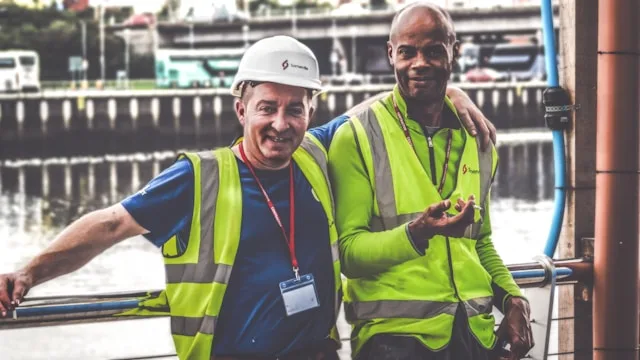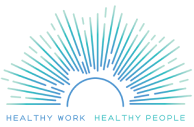Since the pandemic, worker health and safety has taken center stage. Millions of American workers continue to go to workplaces and may become exposed to the often deadly coronavirus. Workers, their unions and worker health & safety advocates, however, have fought hard to protect workers from exposure, taking action for adequate PPE, sick pay, and enforceable health & safety regulations. There have been many important wins and some disappointments.
While the pandemic pushes on, we must remain vigilant about protecting workers from exposure to the variants; however, we in the occupational health community must also address a growing mental health epidemic among workers. Since the beginning of the COVID pandemic, the CDC’s Household Pulse Survey showed that 32% of U.S. adults reported anxiety or depressive symptoms, compared to only 10.8% in 2019. This is a significant increase. The percentage of people reporting suicidal ideation also increased, particularly among younger people, Latinx and African Americans, and essential workers. Vivek Murthy, the US Surgeon General recently announced a mental health epidemic among health care workers, and called for action in addressing work-related mental health issues.
Stressors from the pandemic – such as social isolation, job loss, fear of getting sick or dying, and having to work in unsafe conditions, have impacted mental health and exacerbated existing mental illness. The pandemic has also exacerbated harmful working conditions that were already causing health impacts before the pandemic, including staffing shortages, mandatory overtime, hostility and violence from the public. Health care workers, secondary school teachers, flight attendants and other transit workers, hospitality and retail workers are finding staffing shortages are leading to longer work days, more overtime and overwhelming workloads. Those that can may be reevaluating the quality of their jobs and many are quitting in record numbers. The Great Resignation may partly be American workers’ voicing their displeasure with grueling hours, high workloads, poor job quality and the need for healthy work. Psychosocial stressors such as high job demands, lack of social support (social isolation), long work hours, work-family conflict, inadequate rewards, poor safety climate also take their toll on people’s health, causing burnout, depression, and cardiovascular diseases.
Recent events like the strike authorization vote by over 90% of IATSE (International Alliance of Theatrical and Stage Employees) members over negotiations that were failing to address concerns over working conditions, brings to the surface the importance of healthy work. An agreement was reached with the motion picture industry, a strike averted, but members only ratified the contract with a slim majority. Many members were not pleased that there were not stronger provisions securing better recovery time, meal breaks and limiting overly long hours on sets. On some IATSE worker forums, many workers talked about how the grueling hours and inadequate staffing were health and safety hazards. Unfortunately, as many unions scramble to just maintain important economic benefits (including health care), elements of healthy work can sometimes get de-prioritised. There are also many examples of ways in which different groups including unions have addressed covid-related work stressors.
The Healthy Work Campaign is raising awareness of the importance of healthy work, work that is free from harmful psychosocial stressors. Take the survey and find out how your work stressor levels compare to the U.S. population. Or if you think your organization (union local, worker groups, business) could benefit from identifying and reducing work stressors, you can request access to the HWS for organizations here.






